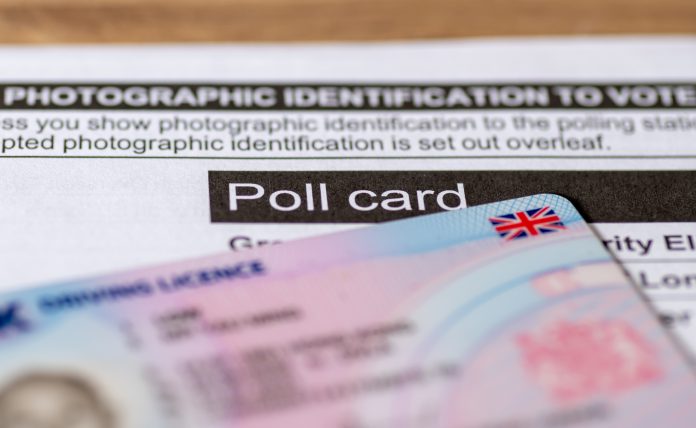The Labour Party, under Keir Starmer’s leadership, have emerged victorious in a landslide election, marking the end of 14-year Conservative rule. But what have they promised, and what will they deliver on?
The aftermath of the public vote
Rishi Sunak has announced his resignation as leader of the Conservative Party following what can be described as a catastrophic night for his party.
The announcement came in an address outside 10 Downing Street, where Sunak expressed regret and took responsibility for his party’s defeat. Sunak confirmed his intention to step down as Conservative leader once a successor is chosen, a process that is expected to unfold in the coming days as well as the swearing-in of a new Prime Minister.
The current UK election policy is that the outgoing Prime Minister, once the result becomes clear, goes to the current monarch to tender their resignation and recommends the appointment of the Leader of the winner and opposition, who is then sent for and appointed Prime Minister.
The Labour Party’s triumph
Labour’s triumph has reshaped the political landscape. They secured 412 seats in the House of Commons, granting them a commanding majority of around 170 seats.
This victory marks one of the largest parliamentary majorities in recent British history, underscoring the electorate’s decisive shift away from the Conservative agenda.
Key figures within the Conservative Party, including former Prime Minister Liz Truss, have suffered significant losses, reflecting widespread discontent with the party’s policies and leadership. The Conservatives, who previously held 365 seats, have seen their parliamentary representation decline to just 121 seats in this election cycle.
Meanwhile, the Liberal Democrats have made significant gains, securing 71 seats, while smaller parties such as Reform UK, the Green Party, SNP, and Plaid Cymru have also managed to increase their foothold in Parliament.
A new era of politics of Great Britain
Starmer’s leadership during the campaign, coupled with Labour’s ambitious policy platform and promises of change, could mean the country is in for an interesting few months.
As the country prepares for this transition of power, political analysts are already speculating on the implications of Labour’s landslide victory. Questions abound regarding the future direction of economic policy, social reforms, and the UK’s international relations under a Labour government are already being asked.
What will Labour bring to the country? Key policies we might see
Some of Labour’s policies to change the future of the country include;
- Neighbourhood health service: Labour aims to transform the NHS into a Neighbourhood Health Service, emphasising local care by reducing red tape for GPs, ensuring patients can see the same GP each time, and trialling Neighbourhood Health Centres that integrate various healthcare professionals.
- Support for victims of violence against women: The Labour Party plans to enhance support for victims of violence against women by establishing rape units in every police force, specialists in emergency control rooms, fast-track courts, and legal advice for victims. They also intend to target dangerous repeat offenders more effectively.
- Great British Railways: The Labour Party proposes establishing Great British Railways, aiming to improve services and governance, simplify structures, and bring train operators under public ownership to prioritise passenger needs.
- Increase NHS appointments: Labour plans to deliver two million more NHS appointments annually by paying NHS staff extra for evening and weekend work to tackle backlogs, using spare capacity in private healthcare, and recruiting more mental health staff. They also aim to reduce waits for cancer appointments and enhance diagnostic capabilities.
The rest of The Labour Party’s 10 policies to change Britain can be read on their website.
All eyes on the future
This election marks a moment of significant change and hope for the future. With Labour set to take the reins, all eyes are now on how the new government will navigate the challenges ahead.











